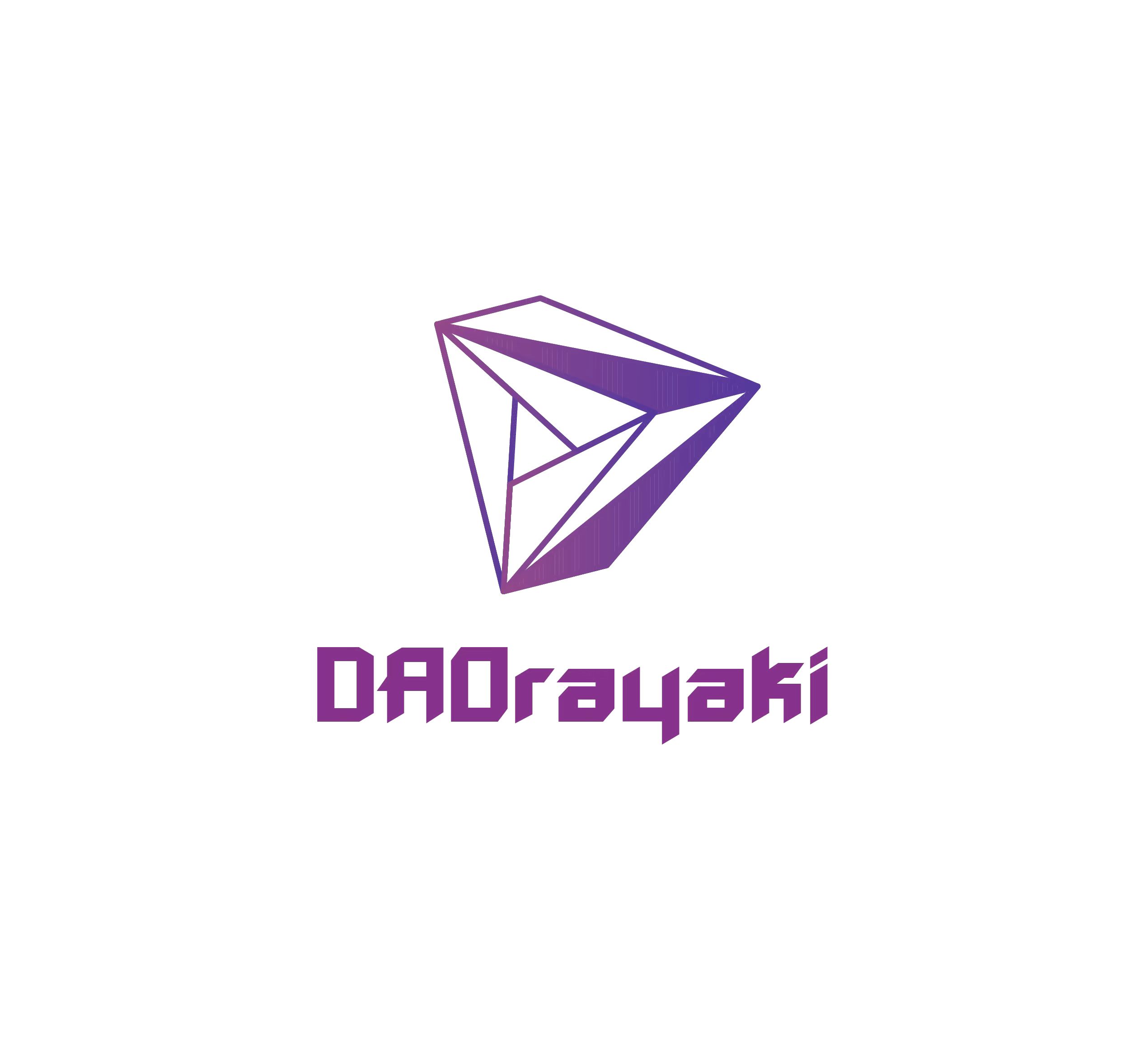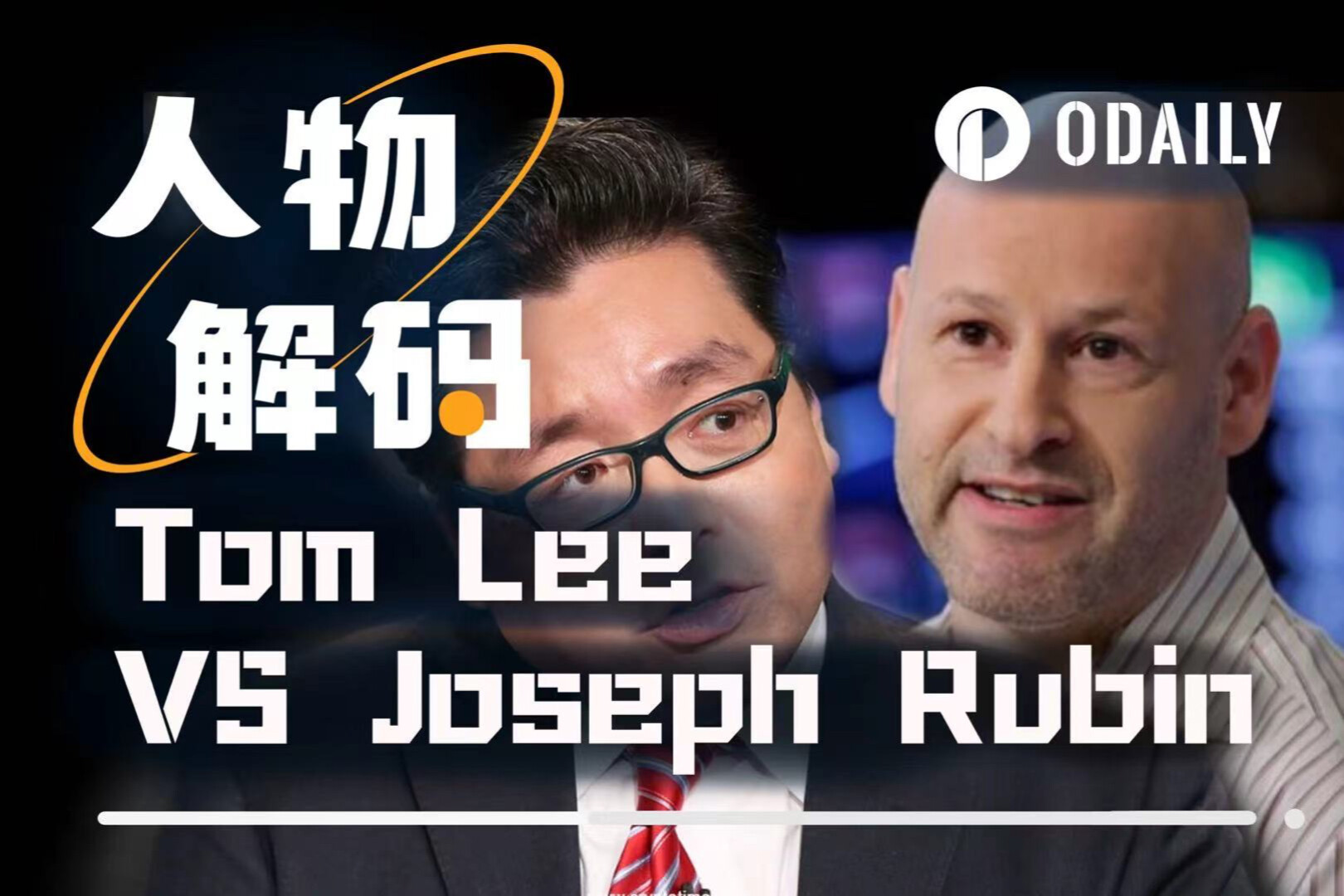Original Author: Ethereum
Original Author: Ethereum
Original Title: Decentralized Science
Decentralized Science (DeSci) is a movement to build a public infrastructure for the fair and equitable funding, creation, review, credit, storage and dissemination of scientific knowledge using Web3 tools.
The science of decentralization allows for more diverse sources of funding (from DAOs, quadratic funding to crowdfunding, etc.), more accessible data and methodologies, offers reproducible incentives, and more.
secondary title
How DeSci can improve a non-exhaustive list of key problems in the science of science and how decentralized science can solve them
Funding Allocation:
DeSci: Allocation of funds is determined by the public using mechanisms such as quadratic funding or DAOs.
CeSci: Small, closed, centralized groups control the distribution of funds.
cooperate:
DeSci: Collaborate with peers from around the world in a dynamic team.
CeSci: Funding organizations and bureaucracies limit collaboration.
Decision mechanism:
DeSci: Funding decisions are online and transparent. Explore new funding mechanisms.
CeSci: Funding decisions have long turnaround times and limited transparency. Few financing mechanisms exist.
Shared research resources:
DeSci: Sharing lab services using Web3 primitives made easier and more transparent.
CeSci: Sharing lab resources is often slow and opaque.
access permission:
DeSci: New publishing models could be developed that use Web3 primitives to enable trust, transparency, and universal access.
CeSci: Often published through established channels that are inefficient, biased and exploitative.
Peer review:
DeSci: Tokens and reputation can be earned through peer review work.
IP:
CeSci: Peer review work is pro bono, benefiting for-profit publishers.
DeSci: Owns the intellectual property (IP) generated and distributes it under transparent terms.
CeSci: The institution owns the researcher's IP, and access to the IP is not transparent.
publishing:
CeSci: Publication bias means researchers are more inclined to share experiments with successful results.
secondary title
A decentralized scientific system will require strong security, minimal currency and transaction costs, and a rich ecosystem of application development. Ethereum provides everything needed to build a decentralized scientific stack.
secondary title
DeSci is building a scientific toolset to bring Web2 academia into the digital world. Below are examples of use cases that Web3 can offer the scientific community.
text
publishing
Free and open access platforms exist in the form of preprint servers, such as ArXiv. However, these platforms lack quality control and anti-sybilization mechanisms, and often do not track article-level metrics, meaning they are often only used to promote works prior to submission to traditional publishers. SciHub also allows free access to published papers, but not legally, and only after the publisher has charged a fee and included the work in strict copyright legislation. This leaves a critical gap for accessible scientific papers and data with embedded legitimacy mechanisms and incentive models. The tools to build such a system exist in Web3.
text
text
funds
funds
The current standard model for funding science is for individuals or groups of scientists to submit written applications to funding agencies. Applications are scored by a small group of trusted individuals, candidates are then interviewed and funds are allocated to a small group of applicants. In addition to creating bottlenecks that sometimes lead to years of waits between applying and receiving funding, this model is highly susceptible to review panel bias, self-interest, and politics.
Web3 has the potential to disrupt this broken funding model by extensively experimenting with different incentive models developed by DAOs and Web3. Traceable public goods funding, quadratic funding, DAO governance, and tokenized incentive structures are some of the Web3 tools that could revolutionize science funding.
text
IP Ownership and Development
Intellectual property (IP) is a big problem in traditional science: from being stuck in universities or not being used in biotechnology, to being notoriously hard to value. However, ownership of digital assets such as scientific data or articles is something Web3 does very well with NFTs.
IP-NFTs can also serve as the key to decentralized data repositories for ongoing research experiments and plug into NFTs and DeFi financialization (from fragmentation to loan pools and value assessment). It also allows native on-chain entities like DAOs like VitaDAO to conduct research directly on-chain. The advent of non-transferable “soul-bound” tokens, which allow individuals to attest to their experience and credentials tied to their Ethereum addresses, could also play an important role in DeSci.
text
Data Storage, Access and Schema
Using Web3 patterns can make scientific data more accessible, and distributed storage will enable research to survive catastrophic events.
The starting point must be a system accessible to any decentralized identity holding appropriate verifiable credentials. This allows trusted parties to securely replicate sensitive data, enabling redundancy and censorship resistance, reproducibility of results, and even the ability for multiple parties to collaborate and add new data to datasets. Confidential computing methods such as compute-to-data provide alternative access mechanisms for raw data replication, creating a trusted research environment for the most sensitive data.
further reading
1. Atoms: smart contract peer-review)
https://www.atoms.org/
2. dClimate API: query climate data collected by a decentralized community https://api.dclimate.net/
3. DeSci Foundation: DeSci publishing tool builder https://descifoundation.org/
4. DeSci.World: one-stop shop for users to view, engage with decentralized science https://desci.world/
5. Molecule: Fund and get funded for your research projects https://discover.molecule.to/
6. OceanDAO: DAO governed funding for data-related science https://oceanprotocol.com/dao
7. Opscientia: open decentralized science workflows https://opsci.io/research/
8. LabDAO: fold a protein in-silico https://alphafodl.vercel.app/
9. Bio.xyz: get funded for your biotech DAO or desci project https://www.molecule.to/
10. ResearchHub: post a scientific result and engage in a conversation with peers https://www.researchhub.com/
11. VitaDAO: receive funding through sponsored research agreements for longevity research https://www.vitadao.com/
12. Fleming Protocol: open-source data economy that fuels collaborative biomedical discovery https://medium.com/@FlemingProtocol/a-data-economy-for-patient-driven-biomedical-innovation-9d56bf63d3dd
13. Active Inference Lab https://www.activeinference.org/
14. Cherubs DAO: NFT funded and DAO governed impact fund for mental health & brain wellness https://cherubsdao.com/
further reading
1. DeSci Wiki by Jocelynn Pearl and Ultrarare https://docs.google.com/document/d/1aQC6zn-eXflSmpts0XGE7CawbUEHwnL6o-OFXO52PTc/edit#
2. A guide to decentralized biotech by Jocelynn Pearl for a16z future https://future.a16z.com/a-guide-to-decentralized-biotech/
3. The case for DeSci https://gitcoin.co/blog/desci-the-case-for-decentralised-science/
4. Guide to DeSci https://future.com/what-is-decentralized-science-aka-desci/
5. Decentralized science resources https://www.vincentweisser.com/decentralized-science
6. Molecule’s Biopharma IP-NFTs - A Technical Description https://molecule.to/blog/molecules-biopharma-ip-nfts-a-technical-description
7. Building Trustless Systems of Science by Jon Starr https://medium.com/@jringo/building-systems-of-trustless-science-1cd2d072f673
8. The Emergence of Biotech DAOs https://molecule.to/blog/the-emergence-of-biotech-daos
9. Paul Kohlhaas - DeSci: The Future of Decentralized Science (podcast) https://anchor.fm/andrew-steinwold/episodes/Paul-Kohlhaas---DeSci-The-Future-of-Decentralized-Science---Zima-Red-ep-117-e1h683a
10. An Active Inference Ontology for Decentralized Science: from Situated Sensemaking to the Epistemic Commons https://zenodo.org/record/6320575
video
1. What's Decentralized Science? https://www.youtube.com/watch?v=-DeMklVWNdA
2. Conversation between Vitalik Buterin and the scientist Aubrey de Grey about the intersection of longevity research and crypto https://www.youtube.com/watch?v=x9TSJK1widA
3. Scientific Publishing Is Broken. Can Web3 Fix It? https://www.youtube.com/watch?v=WkvzYgCvWj8



